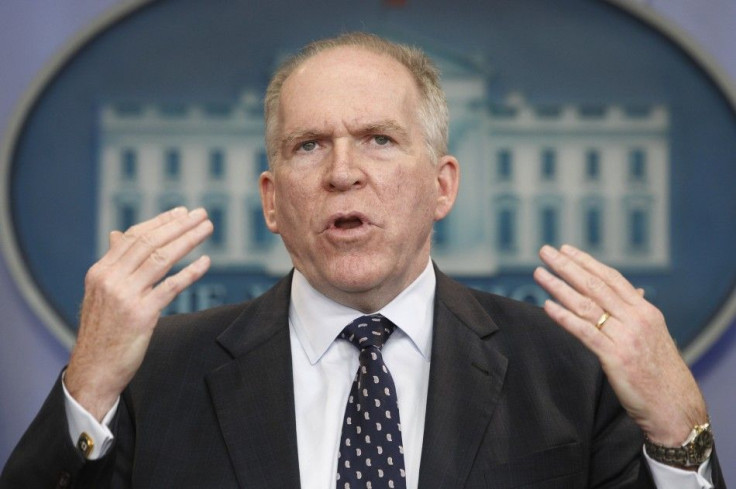Questions That May Be Asked At John Brennan’s Senate Hearing

When John Brennan meets lawmakers in the Senate Intelligence Committee today, the expectation is that the confirmation hearing will be mostly about accountability.
Brennan has been nominated by President Barack Obama as the next director of the CIA. If confirmed, Brennan would replace Michael Morell, the agency’s deputy director, who has been serving as director since General David Petraeus resigned in November after admitting to an extramarital affair.
The questions posed to Brennan are expected to be sharp, touching on contentious issues such as targeted drone strikes and questionable interrogation methods. But whether lawmakers will ask the tough questions that human rights groups and ordinary citizens have been seeking answers to is up for debate.
Expectations were that Brennan would run the CIA when Obama won the 2008 election. However, the 25-year CIA veteran removed his name from consideration when questions were raised about his connection to interrogation techniques used during the George W. Bush presidency that were believed to be torture.
In a written submission posted on the committee’s website Wednesday, Brennan admitted to participating in a voluntary interview for an investigation by the U.S. Attorney’s Office regarding possible “unauthorized disclosures” of information to reporters about cyberattacks against Iran and a foiled al Qaeda bomb plot in the Arabian Peninsula.
But here are some other questions we think Brennan may be asked at today’s confirmation hearing:
How does the U.S. carry out its drone strikes? No one outside of the administration knows exactly how these strikes are taking place. It seems there is no restriction on this, and the public has no idea how America differentiates its legitimate targets from those who are not. As Thomas Whalen, a political historian at Boston University, puts it, “There’s just no oversight. It’s covert, and the Obama administration seems to have embraced the Bush doctrine on war.”
What are the long-term consequences of this? Drones are now one of the ghosts haunting American foreign policy. They are now a big policy tool used to patrol the air space in foreign countries and have at times launched lethal attacks against those suspected of terrorism. Senators may want to truly understand who is actually dying from this kind of attacks -- more civilians or terrorists? Perhaps that could be an indicator of the drone strikes' effectiveness. But does ramping up these strikes have long-term consequences, especially on U.S. relations with other countries? Is there any worry about anti-American sentiments?
How does America decide who becomes a target? Lawmakers should also find out why the CIA should be the agency conducting these strikes, as opposed to leaving them entirely up to the military.
Will Brennan set the record straight about America’s torture policy? Can the CIA tell the public how interrogation techniques used under the Bush administration have been useful? Lawmakers may also want to know to what extent Brennan was involved and how he responded at the time.
Will there be any conflict of interest because Brennan still has connections at the Analysis Corporation, a private intelligence contractor firm he used to work for? CNBC reported that Brennan had a brief stint in the private sector working for the intelligence firm and still has a close relationship with his former colleagues there. According to that report, company profits were largely from government money -- therefore, U.S. taxpayers. The company was also seeking out intelligence contracts and business from China -- one of the prime targets of the spying Brennan would be directing as CIA boss.
© Copyright IBTimes 2024. All rights reserved.












